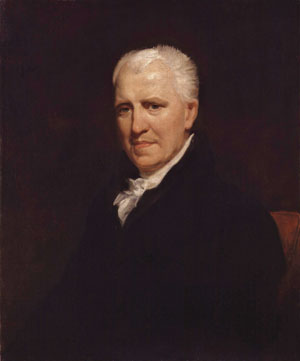River Alde
George Crabbe
With ceaseless motion comes and goes the tide,
Flowing, it fills the channel vast and wide;
Then back to sea, with strong majestic sweep
It rolls, in ebb yet terrible and deep;
Here samphire-banks and salt-wort bound the flood,
There stakes and sea-weeds withering on the mud;
And higher up, a ridge of all things base,
Which some strong tide has rolled upon the place.
Thy gentle river boasts its pigmy boat.
Urged on by pains, half grounded, half afloat;
While at her stem an angler takes his stand,
And marks the fish he purposes to land
From that clear space, where, in the cheerful ray
Of the warm sun, the scaly people play.
For other craft our prouder river shows,
Hoys, pinks, and sloops; brigs, brigantines, and snows;
Nor angler we on our wide stream descry.
But one poor dredger where his oysters lie:
He, cold and wet, and driving with the tide,
Beats his weak arms against his tarry side,
Then drains the remnant of diluted gin.
To aid the warmth that languishes within;
Renewing oft his poor attempts to beat
His tingling fingers into gathering heat.
[Extract]
This excerpt comes from Crabbe's epic poem, Peter Grimes, which was set to music in an opera by Benjamin Britten.
George Crabbe wrote a number of poems about Aldeburgh and Suffolk.
The description of the sweeping tide here is reminiscent of Matthew Arnold's musings on the tide in his great poem, Dover Beach.
Main Location:
River Alde, Aldeburgh, Suffolk, England
The Beach at Aldeburgh in Suffolk

The poet of Aldeburgh and of Suffolk, George Crabbe